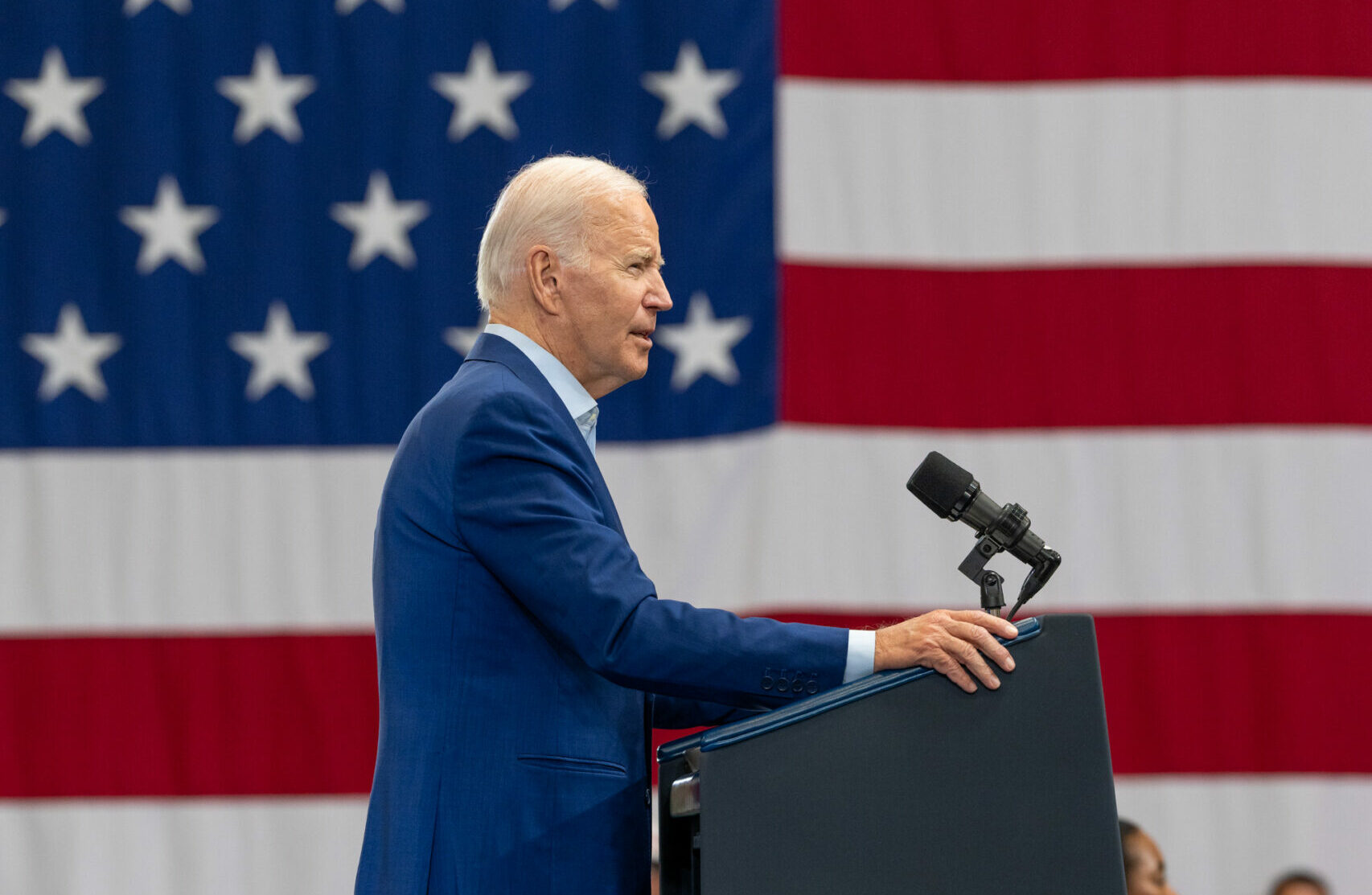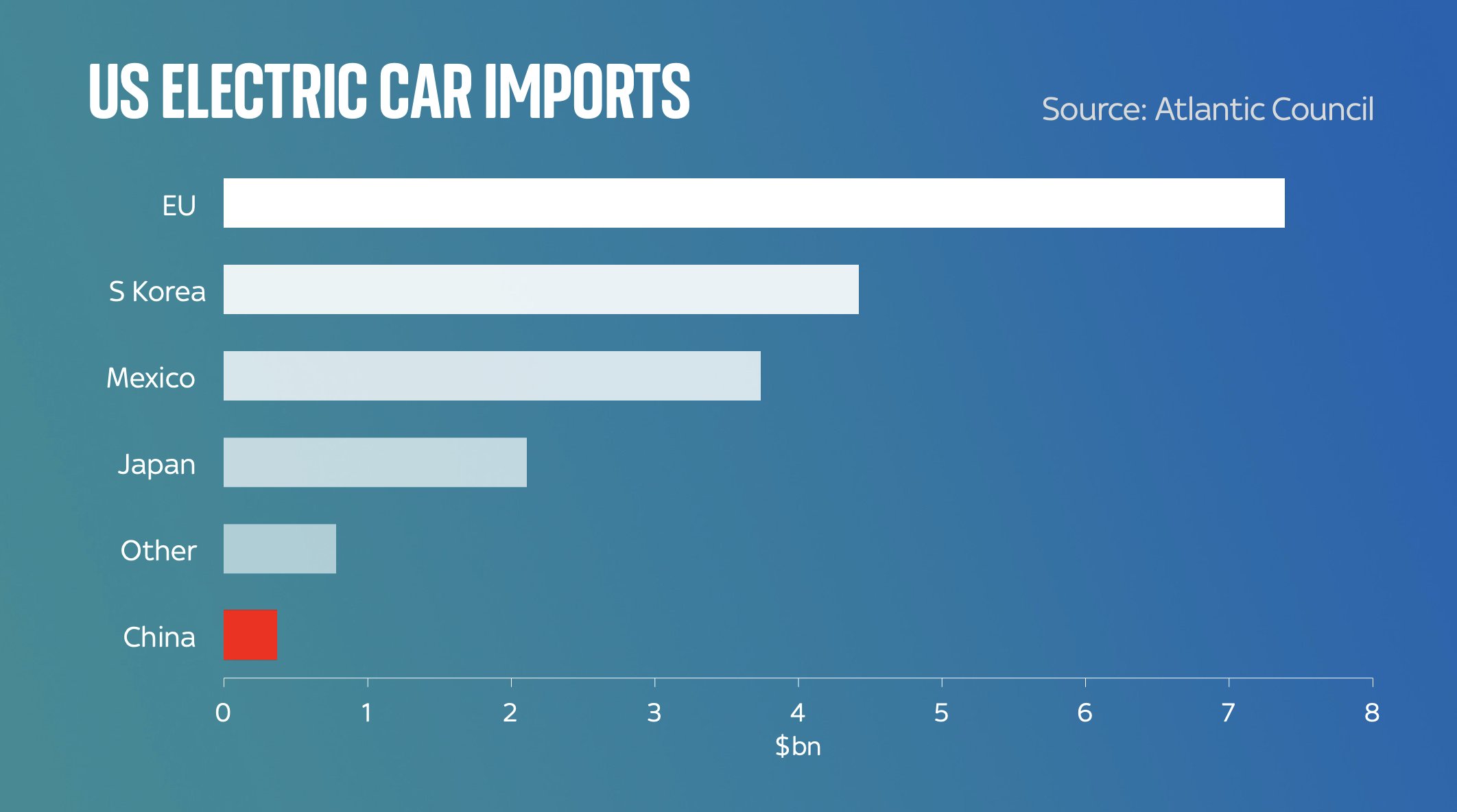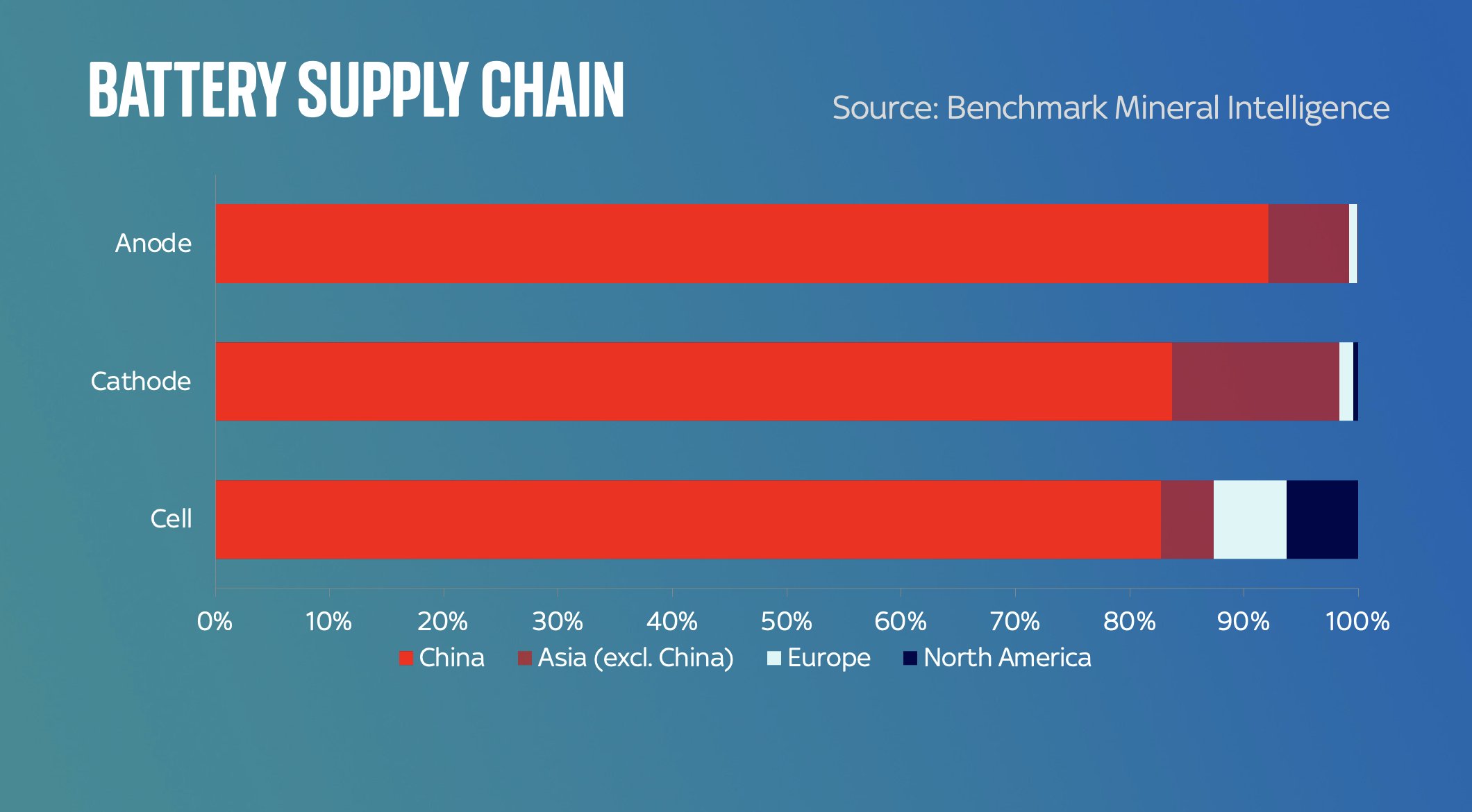Electric cars, will Biden’s tariffs hit China or the European Union more?

The 102.5% tariffs on Chinese electric cars announced by Biden won't change things much in the United States, which already doesn't import battery-powered vehicles from China. But they could devastate European industry: here's why
The United States has imposed duties on a series of products from China and linked to various strategic sectors, in particular those for the energy transition. The most noticeable tariffs were those on electric vehicles, which even quadrupled, going from a rate of 27.5 percent to 102.5 percent. Precisely the most discussed tariffs, however, seem to be the same ones that will have the least practical consequences, at least for the United States.
In fact, the United States practically does not import Chinese electric cars, sourcing mainly from the European Union, South Korea, Mexico and Japan. In short, the 102.5 percent duties will not have who knows what effects.

THE DUTIES SERVE TO CONTAIN CHINA IN ELECTRIC MOBILITY
As journalist Ed Conway, economics expert and author of The Matter of the World highlighted on the entire electric mobility supply chain, not just in the finished vehicle segment. Beijing, in fact, is clearly the first assembler of battery cells in the world, the first producer of anodes and cathodes and the first refiner of the materials present in the two electrodes.

CHINESE OVERPRODUCTION
Conway writes, referring to China's dominance of the electric car supply chain, that “something similar is true for solar panels. And for steel production. And for aluminum and an infinite number of other industries. Why? Partly because China offers its producers far more subsidies than anyone else.” This abundance of state subsidies stimulates the creation of many companies that end up producing in quantities far exceeding national demand; as a result, the surplus is exported abroad at very low prices, disrupting international markets and hindering competition.
BIDEN LIKE TRUMP?
“But here's the interesting thing,” the reporter continues: “America now has its own subsidies designed to compete with China's. The Inflation Reduction Act was seen as Biden's alternative to Trumpian economics. Instead of blocking trade through tariffs, Biden would support US producers through subsidies.” Biden, however, maintained the duties and in some cases – as seen – even increased them.
WILL AMERICAN DUTIES BE A PROBLEM FOR EUROPE?
Returning to Chinese electric vehicles, these do not preferably head – nor probably will, given the disincentive of tariffs – to the United States but to Europe. These are not necessarily cars from Chinese brands like BYD: most of the Tesla Model 3 or Polestars in circulation in the Old Continent were made in China.
While it is true that the duties will not have much impact on automotive trade between China and the United States, which is already minimal, things could instead change for those electric vehicles perhaps coming from the European Union, or Mexico, and containing batteries and materials produced in China. Will these cars also be subject to duties?, asks Conway.
“What will happen to European cars made with Chinese cathodes and anodes? Right now most cars made in Europe could not be made without Chinese components. Will these exports also be affected [by the duties, ed. ]? If so, this could wipe out a large part of the global electric vehicle market, not just in China,” concludes the expert.
This is a machine translation from Italian language of a post published on Start Magazine at the URL https://www.startmag.it/mondo/conseguenze-dazi-stati-uniti-auto-elettriche-cina/ on Wed, 15 May 2024 14:06:23 +0000.
